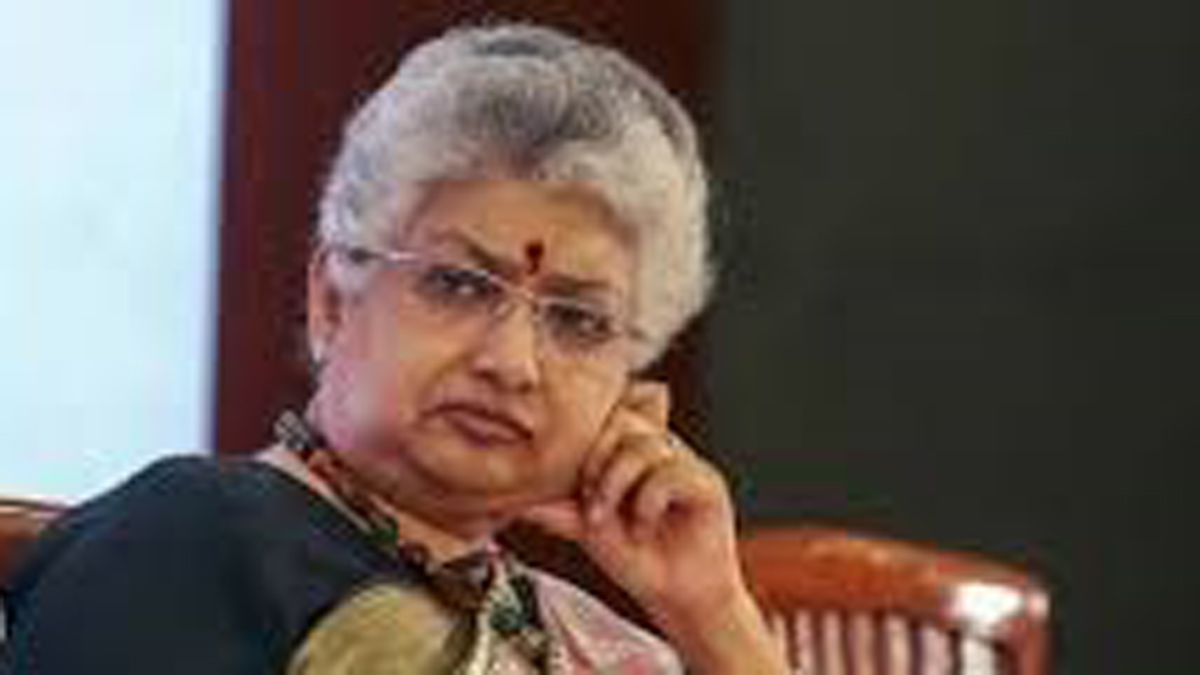A step towards gender equality in judiciary: Justice B.V. Nagarthana to be part of Supreme Court Collegium

Justice B.V. Nagarathna, poised to become the first woman Chief Justice of India in 2027, is set to join the Supreme Court Collegium soon. Her entry follows the retirement of Justice Abhay S. Oka, creating space in the five-member body responsible for the appointment and transfer of judges in the higher judiciary.
This development marks a significant milestone in the journey toward greater gender representation in India’s judicial system, which has historically remained male-dominated at its highest levels. The Collegium, currently comprising Chief Justice B.R. Gavai and Justices Surya Kant, Vikram Nath, and J.K. Maheshwari will now include a woman judge, symbolising incremental but meaningful progress toward a more inclusive judiciary.
The Supreme Court Collegium, comprising the five senior-most judges of the apex court, plays a crucial role in judicial appointments to the Supreme Court and the transfer of High Court judges. Additionally, the three senior-most judges handle appointments to High Courts.
With Justice Oka’s retirement, Justice Nagarathna, currently the fifth senior-most judge, will step into the Collegium and serve in that capacity until her retirement in 2027. However, her tenure will be brief lasting only 36 days from September 24 to October 29, 2027, making it the third shortest in the Court’s history.
Daughter of former CJI E.S. Venkataramiah, Justice Nagarathna began her legal career in 1987. She was appointed an additional judge of the Karnataka High Court in 2008 and became a permanent judge in 2010. She was elevated to the Supreme Court on August 31, 2021.
During her tenure in the Supreme Court, she has contributed significantly to Constitution bench decisions and delivered notable dissenting opinions, including on matters such as royalty payments by mining operators and states’ powers to tax industrial alcohol. She was also the lone dissenter in the 2016 demonetisation case.
Her presence in the Collegium also signals a shift in power structures bringing not just symbolic but substantive change. In a legal system where women constitute less than 15 per cent of High Court judges, and an even smaller fraction in leadership roles, Justice Nagarathna’s rise is a beacon for aspiring women in law and a call to action for institutional gender parity.
According to sources, Chief Justice B.R. Gavai is expected to hold his first Collegium meeting on Monday, focusing on filling vacancies in the Supreme Court and making key appointments across various High Courts.
Interestingly, all five judges who are part of Collegium will be holding hearings on the partial court working days, beginning May 26 to June 1.
India